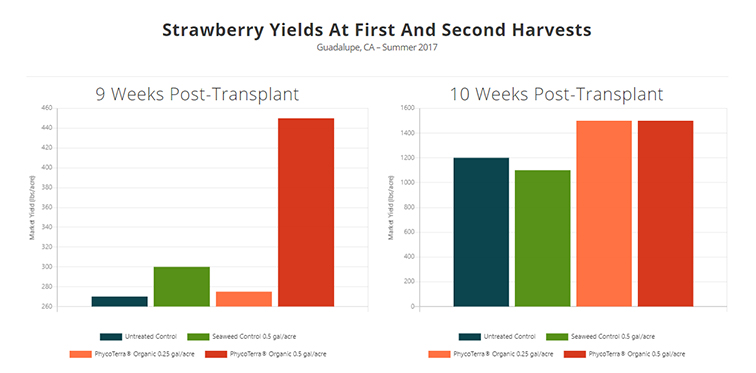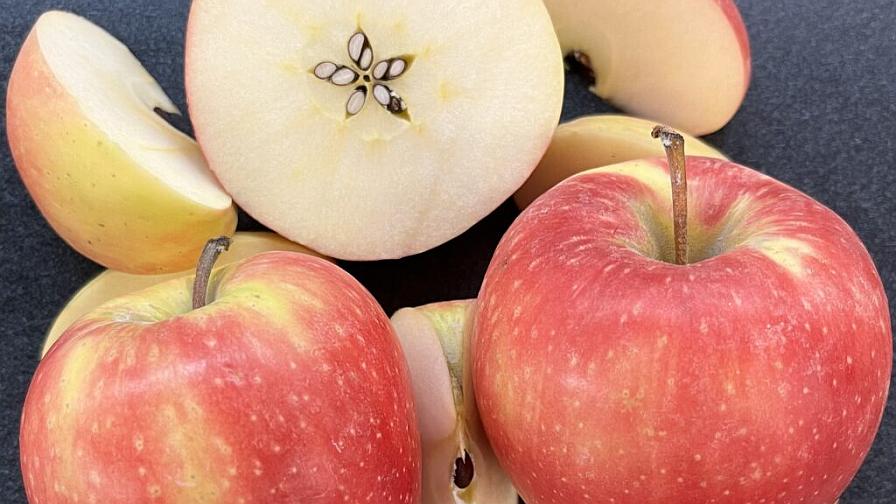Florida Ag Leaders Call for a USMCA Fix Now
On July 1, the vaunted United States-Mexico-Canada Agreement (USMCA) trade pact came into force. The NAFTA (North American Free Trade Agreement) replacement was supported by many agricultural segments across the country. But for Florida specialty crop producers, the agreement offered no new protections against an influx of product from Mexico.
As USMCA went into effect, Florida Agriculture Commissioner Nikki Fried hosted a virtual press conference along with U.S. Representative Stephanie Murphy (FL-7) and Bud Chiles from the grassroots movement Demand American Grown. Demand American Grown was featured as Florida Grower magazine’s March 2020 cover story.
Fried released a new study conducted by the Florida Department of Agriculture and Consumers Services (FDACS), which shows $3.7 billion in economic losses suffered by Florida’s seasonal produce growers as a result of unfair trade practices — trade practices USMCA does not fix.
The news conference also highlighted the commitment from U.S. Trade Representative Robert Lighthizer to address these unfair trade practices within 60 days of USMCA taking effect.
“The concerns of Florida’s farmers with the USMCA remain the same as when NAFTA was being renegotiated two years ago — it lacks urgently needed protections against unfair trade practices that have devastated our growers’ ability to compete,” Fried said. “With the USMCA entering into force, we sent a new study to the U.S. Trade Representative showing just how much our seasonal producers have suffered from unfair trade practices. I look forward to working with Ambassador Lighthizer and our agriculture community to ensure seasonal producers get the enforcement tools they need to remain competitive.”
The study examines how Mexican agricultural exports into the U.S. have impacted Florida
commodities from 2000 to 2019. Some highlights include:
- Mexico has expanded its share of the U.S. domestic market by 217% since 2000 — while Florida’s market share dropped by 40%.
- Mexico’s seasonal crop exports to the U.S. have increased by 551% from 2000 to 2019.
- An $11 billion gap exists between Mexican agricultural exports and Florida’s total
agricultural market value. - Florida producers lost sales of up to 20% due to Mexico’s agricultural export expansion
since 2000. This accounts for up to: - $3.7 billion in total economic losses for Florida’s economy
- 37,180 lost jobs in Florida
- $205 million in lost indirect tax revenue for Florida’s economy
- $2.2 billion in annual losses of Florida cash receipts to multiple agricultural sectors
- 20 Florida commodities experiencing declines in market share, while 13 Mexican commodities increasing their share by 100% or more
Congresswoman Murphy said of the study, “Unfair trade practices need to be addressed, and Florida fruit and vegetable growers deserve to have access to lawful remedies. Fighting for our seasonal growers was, and continues to be, my main concern with USMCA. We need action from this Administration to protect Florida’s farmers for the major economic impacts they’ve suffered due to illegal dumping.”
Chiles added, “As a blueberry grower, people love to come to our farm. But when we sell fruit to the commercial market, the value we receive is barely enough to pay for the costs of the good environmental rules and regulations we pursue to provide organic fresh fruit.”
This report made clear that USMCA is not good news for Florida specialty agriculture. The good news is there is a path to address these concerns through administrative action and the Trade Representative. Let’s make all of American agriculture happy with USMCA.









